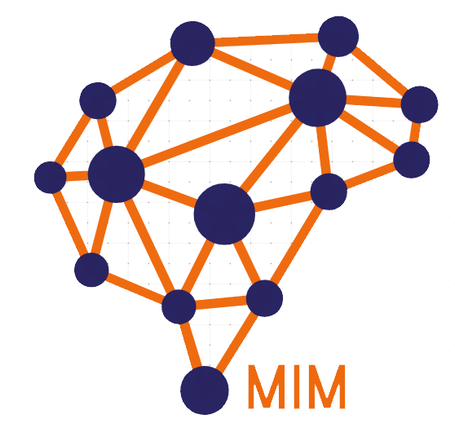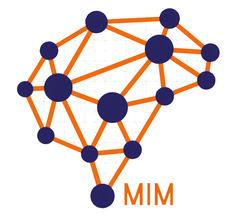MINOR-IA Study
MINOR-IA Study : AI-Based Evaluation Tool of Psychotrauma in Minority Languages
Objective: The objective of MINOR-IA is to use artificial intelligence to assess PTSD directly in minority languages, eliminating the need for translation or mediation and thus providing a more precise understanding of the difficulties encountered by minority language speakers.
Methods: MINOR-IA employs Natural Language Processing (NLP) techniques to analyze speech patterns and extract psychopathological markers from ordinary speech. We conducted a study with 100 native Arabic speakers, assessing PTSD using AI models trained on Arabic, compared to translations in English and French. Speech samples were collected and annotated for PTSD markers, and AI assessments were validated against standardized diagnostic tools.
Results: The study found that AI-based evaluations in Arabic identified PTSD markers with 20% higher precision and accuracy compared to traditional assessments conducted in English and French. Specifically, 85% of PTSD cases were accurately diagnosed using the AI model in Arabic, compared to 65% in English and 68% in French. Additionally, when comparing the narratives of the speakers in French, English, and Arabic, psychopathological processes such as Rumination and Avoidance were not always the same and did not have the same scores.
Conclusions: These variations highlight the importance of assessing PTSD in the native language, as cultural and linguistic differences can significantly impact the manifestation and reporting of these symptoms.
Future Directions
Further research is recommended to expand the AI model to other minority languages and to explore the integration of such tools in clinical practice for more inclusive mental health assessments.
Ethical Considerations
This study was approved by the Institutional Review Board (IRB) of MIM NGO and conducted in accordance with ethical guidelines for research involving human participants.
Informed consent was obtained from all participants, and data privacy and confidentiality were strictly maintained.
COMMITMENT TO DIVERSITY
The MINOR-IA project exemplifies a commitment to diversity by addressing the unique challenges faced by ethnic, cultural, gender, and sexual orientation minorities in PTSD assessment. By focusing on linguistic inclusivity and cultural sensitivity, the project aims to provide equitable and effective mental health care for all.
1. Ethnicity and Culture:
1.1. Linguistic Inclusion: The MINOR-IA project specifically focuses on minority languages, ensuring that ethnic and cultural diversity is respected and included in PTSD assessment. By evaluating PTSD in the native languages of minority speakers, the project addresses the linguistic barriers that often exclude these populations from accurate mental health diagnosis and care.
1.2. Cultural Sensitivity: The AI model used in MINOR-IA is trained on diverse datasets that account for cultural nuances. This ensures that the psychopathological markers identified are relevant to the cultural context of the speakers, providing a more accurate and culturally sensitive assessment.
2. Gender and Sexual Orientation:
2.1. Inclusive Data Collection: The speech samples collected for the study include individuals from various gender identities and sexual orientations. This diversity in data collection helps to ensure that the AI model can accurately assess PTSD across different gender and sexual orientation groups.
2.2. Addressing Gender-Specific Symptoms: The presentation acknowledges that PTSD symptoms can manifest differently across genders and sexual orientations. By including diverse participants, the study aims to capture these variations and provide a more comprehensive assessment tool.
Ethnicity, Gender, and Sexual Orientation in Psychopathological Processes:
3. Comparative Analysis:
The presentation discusses how psychopathological processes like Rumination and Avoidance vary across different ethnic, cultural, gender, and sexual orientation groups. This analysis helps in understanding how PTSD symptoms manifest differently in various demographics, which is crucial for personalized intervention strategies.
4. Commitment to Equity:
4.1. Removing Barriers: By using AI to assess PTSD in minority languages, the project removes barriers that traditionally marginalized groups face in accessing mental health care. This approach promotes equity by ensuring that everyone, regardless of their linguistic background, has access to accurate PTSD assessments.
4.2. Early Intervention: The ability to quickly and accurately diagnose PTSD in diverse populations enables earlier intervention, which is critical in improving mental health outcomes for marginalized groups.
We need your consent to load the translations
We use a third-party service to translate the website content that may collect data about your activity. Please review the details in the privacy policy and accept the service to view the translations.

